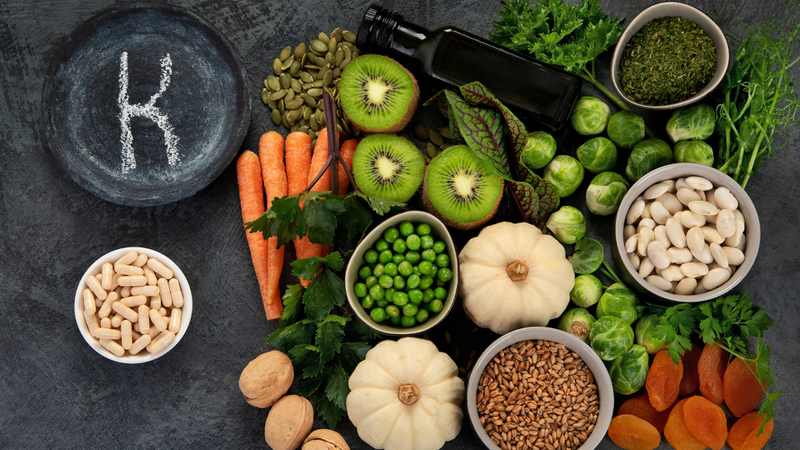People with low levels of vitamin K have less healthy lungs. They are also more likely to have asthma, chronic obstructive pulmonary disease (COPD) and wheezing, a new study suggests.
Danish scientists recruited more than 4,000 residents aged 24 to 77. Study participants underwent lung function tests, which measure the amount of air a person can exhale in one second (forced expiratory volume or FEV1) and the total volume of air that can be inhaled in one forced breath (forced vital capacity or FVC).
Study participants also completed questionnaires about their health and lifestyle and had blood drawn to test for vitamin K levels.

Vitamin K is found in many green leafy vegetables.
The study’s results suggest that vitamin K may play an important role in keeping our lungs healthy, said Dr. Torkil Jespersen, of Copenhagen University Hospital in Denmark. Specifically, people with low vitamin K levels had lower FEV1 and lower FVC on average. People with lower vitamin K levels also said they had COPD, asthma or wheezing.
This study suggests that people with low blood levels of vitamin K may have poorer lung function, said Dr. Apostolos Bossios, of the Karolinska Institute in Sweden, secretary of the European Respiratory Society for Respiratory Diseases, Asthma and COPD. The findings do not change current recommendations for vitamin K intake, but they do suggest that further research is needed on whether some people, such as those with lung disease, might benefit from vitamin K supplementation.
In the meantime, we can all try to eat a healthy, balanced diet to support our overall health, and we can protect our lungs by not smoking, engaging in exercise, and doing what we can to cut down on air pollution, Dr. Bossios advises.
Vitamin K is a group of compounds, of which vitamin K1 is obtained from green leafy vegetables (kale, broccoli, spinach, cabbage…) and some other vegetables. Vitamin K2 is a group of compounds mainly obtained from meat, cheese, eggs and synthesized by bacteria.
Vitamin K plays an important role in helping blood clot, preventing excessive bleeding. Although vitamin K deficiency is rare in adults, you may be at higher risk of deficiency if:
- Have a disease that affects absorption in the digestive tract, such as Crohn’s disease or active celiac disease.
- Take medications that interfere with vitamin K absorption.
- Be severely malnourished.
- Drink a lot of alcohol…





